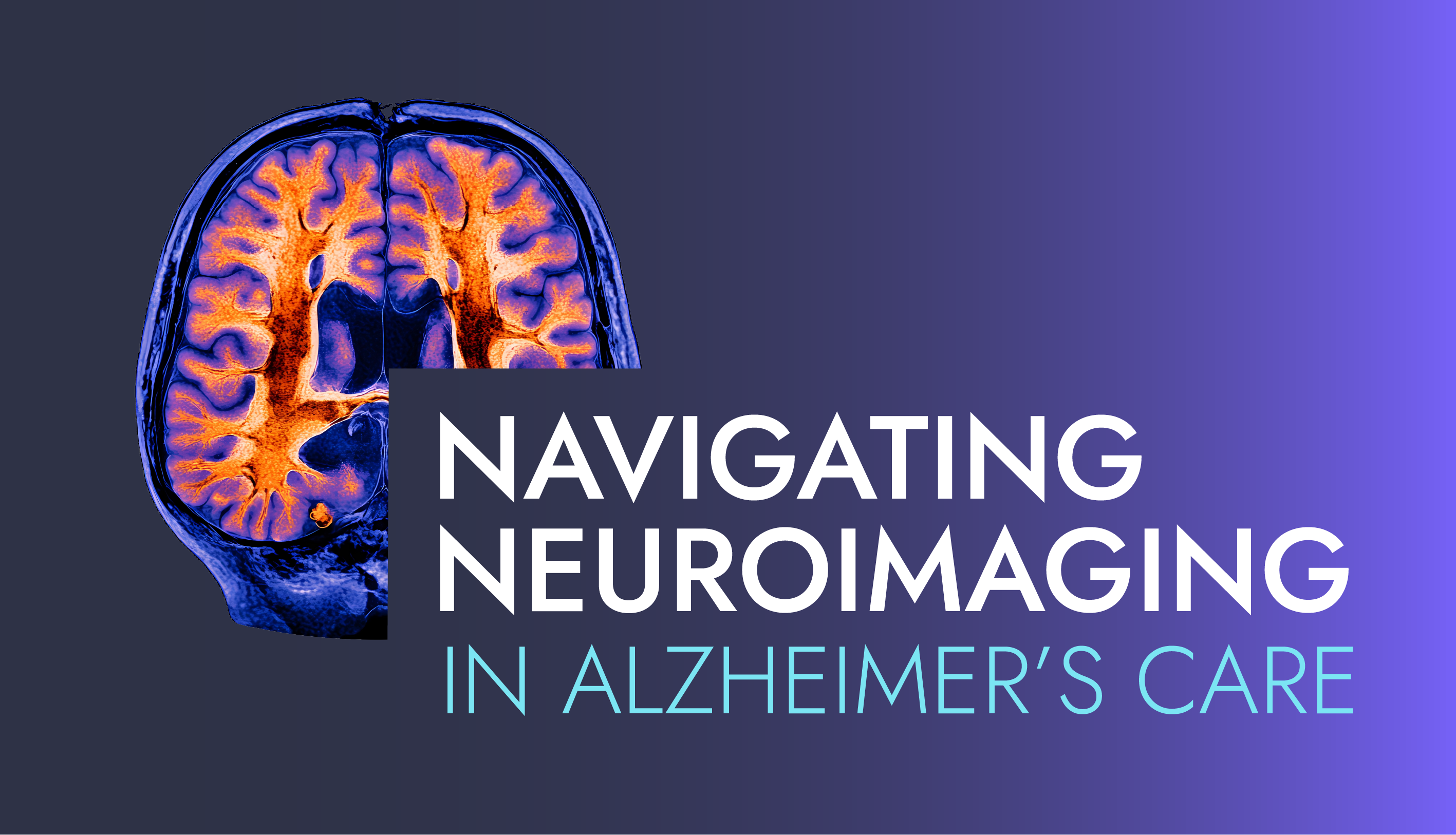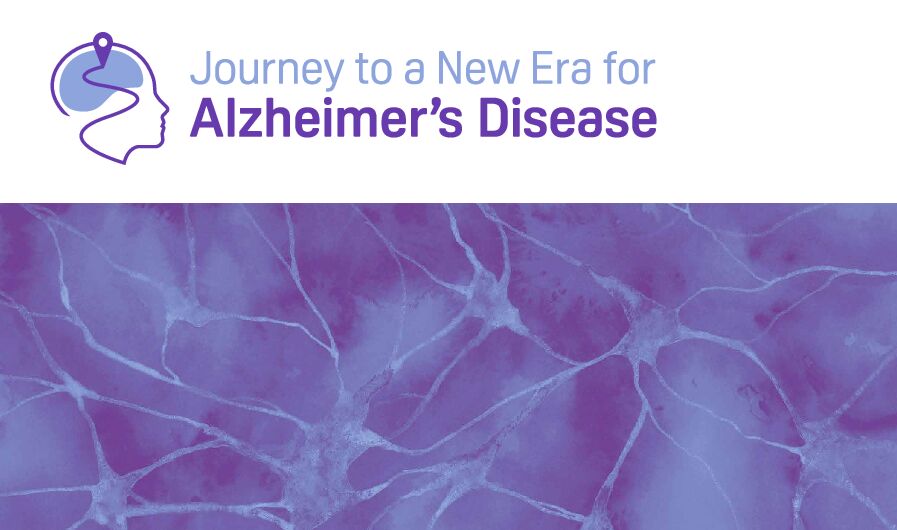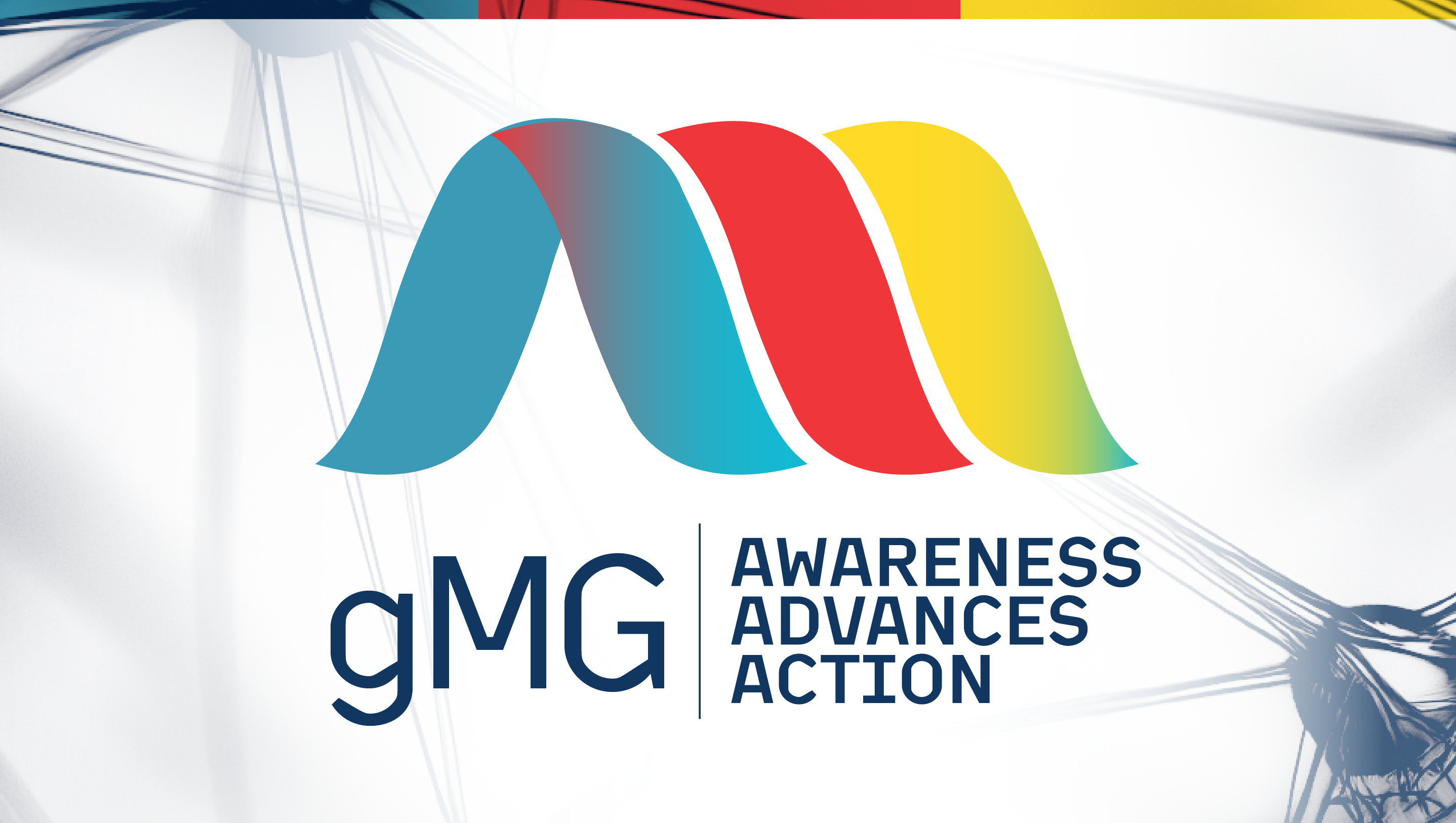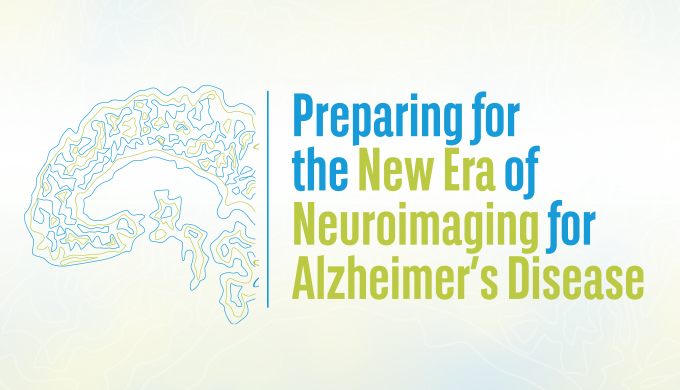
Publishing date: 5th March 2021
Podcast series on secondary stroke prevention
Professor Marc Fisher and Springer Healthcare IME invite you to listen to a series of three podcast discussions with leading international experts. The podcasts focus on the clinical implications of recently published trial results involving the use of dual anti-platelet therapy for secondary stroke prevention.



Faculty and disclosures
 Marc Fisher
Marc Fisher
Beth Israel Deaconess Medical Center, Boston, USA
Dr Marc Fisher has had a long career as a translational and clinical researcher in the stroke field. He was at the University of Massachusetts Medical School for 36 years, retiring in 2014. While there, he led a stroke modelling lab for 25 years that focused on using MRI technology to evaluate the ischemic penumbra and the effects of many types of therapies on the evolution of ischemic injury. He has trained more than 25 research fellows from around the world, many of whom now hold prestigious professional roles themselves. He participated in many clinical trials as a principal investigator or steering committee member. Dr Fisher was also an active clinician and teacher. Currently, Dr Fisher is a part time member of the neurology faculty at Beth Israel Deaconess Medical Center in Boston and is a Professor of Neurology (part time) at Harvard Medical School. He continues to see patients and teach residents and stroke fellows. He was the Editor-in-Chief of Stroke until 2020.
Disclosures
Advisory boards for AstraZeneca
 Liping Liu
Liping Liu
Beijing Tiantan Hospital, Capital Medical University, Beijing, China
Professor Liu Liping is a chief physician and doctoral supervisor. She is currently director of the Neurointensive Care Unit (NICU), Neurology and Stroke Center, Beijing Tiantan Hospital affiliated to the Capital Medical University. She trained for a postdoctoral fellowship at Stanford Stroke Center, Stanford University Medical School. Professor Liu has been engaged in the clinical and basic research on emergency treatment of cerebrovascular diseases and neurointensive care. She is the chairman of Chinese Society of Critical Care for Stroke, fellow of Neurocritical Care Society, a committee member of World Stroke Organization Committee and European Stroke Organization Committee, standing committee member of Chinese Society of Cerebral Blood Flow and Metabolism, member of the Neurocritical Care Committee of the Chinese Society of Neurology and a member of the Neurocritical Care Specialist Committee of China Neurologist Association. She is on the editorial board of Stroke, Neuroepidemiology, JNNP, Journal of Stroke, and is also in charge of the Chinese equivalent of Stroke and IJS journals. Professor Liu is responsible for several research projects funded by the Ministry of Science and Technology, China Natural Science Foundation, and Ministry of Education and Beijing Scientific Committee. She has published more than 200 papers in scientific journals and has written numerous books and chapters on stroke and neurointensive care.
Disclosures
None.
 Clay Johnston
Clay Johnston
Dell Medical School, The University of Texas at Austin, Texas, USA
Since March 2014, Dr Clay Johnston has served as the inaugural dean of Dell Medical School and as vice president for medical affairs at The University of Texas, Austin. His vision is to create a new model for academic medicine that accelerates innovation to improve health and reduce inefficiencies in health care. That includes building a vital, inclusive health ecosystem to support new and innovative approaches to education, care, research and community impact — all with a focus on measurably improving health in Austin, as a model for the nation. He is also a neurologist, specializing in stroke care and research.
In 2019, Dr Johnston was elected to the National Academy of Medicine which recognizes leaders for extraordinary professional achievement and commitment to serving others. In 2016, he was named Austinite of the Year by the Greater Austin Chamber of Commerce for his leadership in transforming health and health care in Austin.
Previously, Dr Johnston was associate vice chancellor for research at the University of California, San Francisco. He also directed the Clinical and Translational Science Institute and founded the UCSF Center for Healthcare Value to engage faculty and trainees in improving the quality of care while also lowering costs.
He is a graduate of Amherst College and Harvard Medical School. He later received a Ph.D. in epidemiology from the University of California, Berkeley, and was a resident in Neurology at UCSF, where he later trained in Vascular Neurology. During his 20 years at UCSF, he rose the academic ranks to professor of Neurology and Epidemiology, and directed the stroke service.
Johnston has authored more than 300 publications in scientific journals and has won several national awards for his research and teaching. In particular, he has published extensively in the prevention and treatment of stroke and transient ischemic attack. He is perhaps best known for his studies describing the short-term risk of stroke in patients with transient ischemic attack and identifying patients at greatest risk, and also for his work related to measuring the impact of research. He has led several large cohort studies of cerebrovascular disease and three international multi-center randomized trials, two of which are ongoing.
Disclosures
None.
 Gregory Albers
Gregory Albers
Stanford University Medical Center, California, USA
Dr Gregory W. Albers is the director of the Stanford Stroke Center, a position he has held since co-founding the center in 1992. He graduated from the University of California, San Diego School of Medicine and completed his medical training with an internship (internal medicine), residency (neurology), and fellowship (cerebrovascular disease) at the Stanford University Medical Center.
Dr Albers’ primary research focus is the diagnosis, management, and prevention of ischemic stroke. He has been the principal investigator of all 3 DEFUSE studies, which were NIH-funded research projects that clarified the evolution of brain ischemia and led to extending the treatment window for stroke to 24 hours in 2018.
Dr Albers conducts clinical studies of treatments for acute stroke, including both thrombolytic and thrombectomy strategies and neuroprotective strategies. He also investigates new antithrombotic strategies for stroke prevention and played a key role in redefining TIA. Dr. Albers is the Chairman of the Stroke Treatment Academic Industry Roundtable (STAIR).
Dr Albers was instrumental in the development of RAPID, a software platform that interprets brain scans and helps clinicians decide on appropriate treatments for ischemic stroke.
A prolific and distinguished researcher, Dr Albers has authored more than 400 articles on topics related to cerebrovascular disease in peer-reviewed journals. He received the American Heart Association’s prestigious David G. Sherman Award for Outstanding Contributions to Stroke Research in 2011. He has been named among the “Best Medical Specialists in North America – Cerebrovascular Disease” and the “Country’s Best Heart and Stroke Doctors” in national surveys of physicians and department chairs.
Disclosures
- Consultant: Johnson & Johnson, Genentech and iSchemaView
- Equity: iSchemaView
Learning objectives
After participating in this program, the target audience will be able to:
- Increase their knowledge of clinical trial data of dual anti-platelet therapy for secondary stroke prevention
- Understand the clinical implications of using dual anti-platelet therapy for secondary stroke prevention
Educational grant
This programme is made possible thanks to an independent educational grant from AstraZeneca.
MEET THE TEAM

Kamran Ahmad
Senior Projects Coordinator






